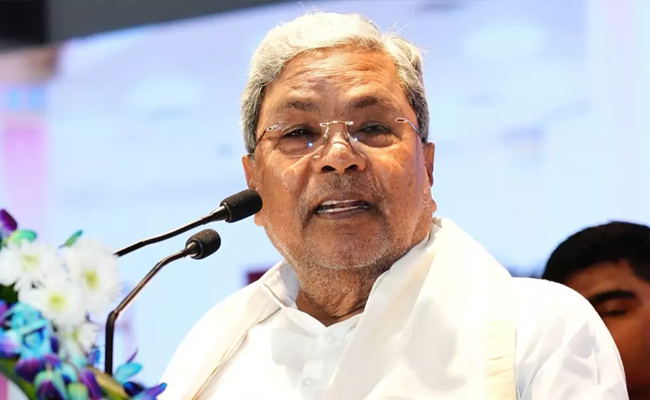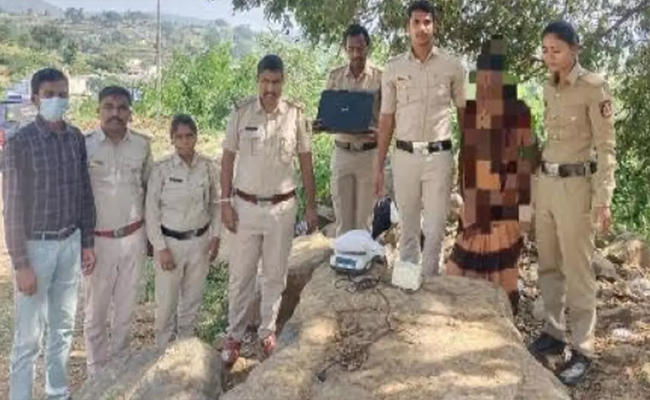Mumbai, Aug 27: The United States Consulate in Mumbai on Monday awarded 26 Indian shipping companies which participated in the US Coast Guard (USCG)'s Automated Mutual-assistance Vessel Rescue (AMVER) programmes.
The AMVER in a worldwide initiative that ensures quick and efficient rescue of disabled or distressed ships at sea, saving the lives of sailors and ensuring continuity of shipping operations.
US Consul-General in Mumbai Edgard Kagan said that AMVER, now in its Diamond Jubilee year, is an excellent example of mutual assistance and partnership.
"These awards are an opportunity to recognize the Indian merchant mariners and their efforts to facilitate world trade while preserving safety at sea," Kagan said.
Presenting the awards jointly with Kagan, India's Director-General of Shipping Malini V. Shankar said that AMVER is a unique and voluntary global ship reporting system used worldwide to arrange for assistance to ships and sailors in distress at sea.
"Instead of relying only on specialized rescue operations, this initiative provides an excellent opportunity for mutual cooperation on the seas. AMVER is an enduring example of international public-private partnership," Shankar added.
Established in 1958 and managed by the USCG, AMVER is a search-and-rescue (SAR) programme in which merchant ships sailing the high seas make themselves available for maritime emergency response on a voluntary basis without regard to nationality but with the main objective that no call for help should go unresponded.
Over 140 nations are participating in AMVER, providing a global safety net for mariners, comprising more than 7,850 ships available to carry out SAR services worldwide.
In 2017, AMVER mobilized 103 ships for providing such assistance to distressed ships and helped save 153 lives of mariners.
Let the Truth be known. If you read VB and like VB, please be a VB Supporter and Help us deliver the Truth to one and all.
New Delhi: Chief Minister Siddaramaiah on Sunday asserted that fascism would not be allowed to enter India “through the back door of vote rigging” and called upon citizens to collectively defend the country’s democratic foundations.
Speaking after participating in an anti–vote rigging protest organised in New Delhi, Siddaramaiah said the gathering was not merely a political demonstration but a stand to protect Indian democracy. “We have come to the heart of our republic not as Congress workers or voters, but as protectors of Indian democracy,” he said.
Emphasising the importance of the right to vote, Siddaramaiah said it was the most sacred right guaranteed by the Constitution and the very foundation of democracy.
“Through voting, a farmer shapes the future of his children, a worker safeguards his dignity, a youth realises dreams, and a nation expresses its collective will,” he said.
He accused the BJP-led Union government of attempting to undermine this right through what he termed systematic vote rigging, including the alleged misuse of the special revision of electoral rolls. “This power is being stolen repeatedly,” he alleged.
ALSO READ: Bantwal police arrest two men for illegal sale of narcotics, seize two vehicles, 810 gm ganja
Warning against authoritarian tendencies, Siddaramaiah said history had shown that dictatorship does not begin with violence but with the misuse of institutions and manipulation of democratic systems.
“Across the world, authoritarian regimes pretend to protect democracy while quietly subverting it. This is what the BJP is doing today,” he charged.
He alleged that the ruling party was controlling institutions, intimidating electoral machinery, distorting voter lists, suppressing voter turnout in opposition strongholds, and misusing money and power. “This is not mere maladministration. Vote rigging is an attack on the very idea of India,” he said.
Siddaramaiah further claimed that governments formed through “stolen votes” could not be considered democratic.
“Such regimes survive through fear, fraud and distortion of the people’s mandate,” he said, adding that vote rigging posed the biggest threat to the republic since Independence.
Praising Leader of the Opposition in the Lok Sabha Rahul Gandhi, Siddaramaiah said he had shown exceptional courage in exposing alleged irregularities in voter lists, booth-level manipulation and “systematic, organised vote rigging” across several states, including Karnataka, Haryana and Bihar.
Referring to Karnataka, Siddaramaiah cited Mahadevpura and Aland constituencies as examples highlighted by Gandhi. In Mahadevpura, he said, thousands of allegedly fake and fraudulent voter entries and discrepancies in electoral rolls pointed to a narrow BJP victory. In Aland, he said, attempts were made to remove the names of legitimate voters ahead of the 2023 Assembly elections.
ALSO READ: Chamrajnagar: Woman arrested for selling ganja atop Male Mahadeshwara Hills
He noted that a Special Investigation Team (SIT) had recently filed a chargesheet accusing seven persons, including a former BJP MLA and his son, of attempting to delete the names of around 6,000 voters in Aland.
“This is a significant legal step in the fight against vote rigging,” he said.
Siddaramaiah concluded by stating that the fight against vote rigging was rooted in constitutional morality, Ambedkarite thought and the core principle of democracy. “Sovereignty belongs to the people, not to any party, regime or those who seek to steal elections,” he said.





